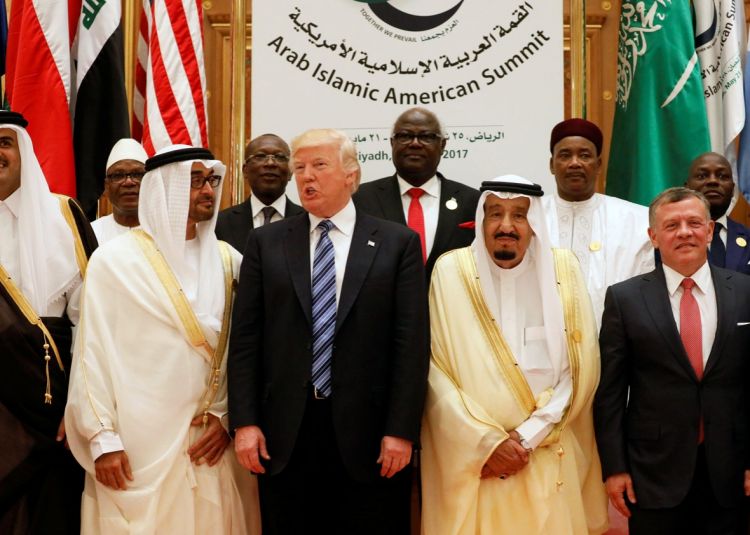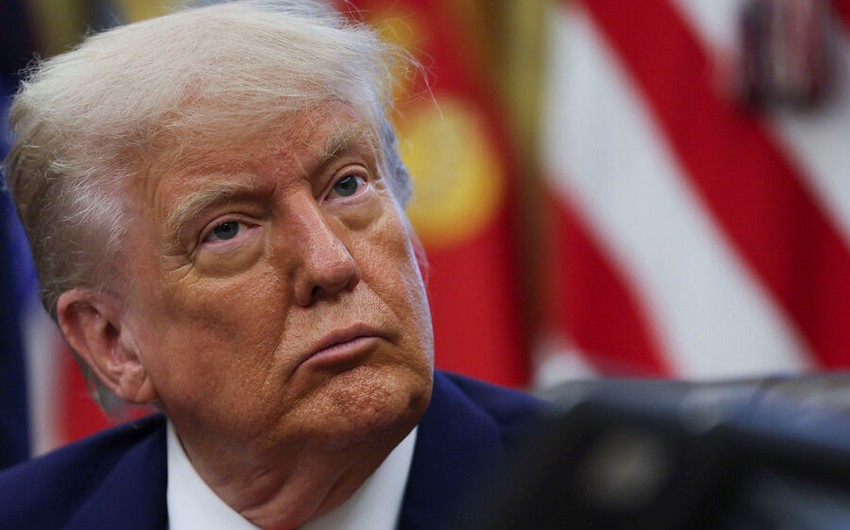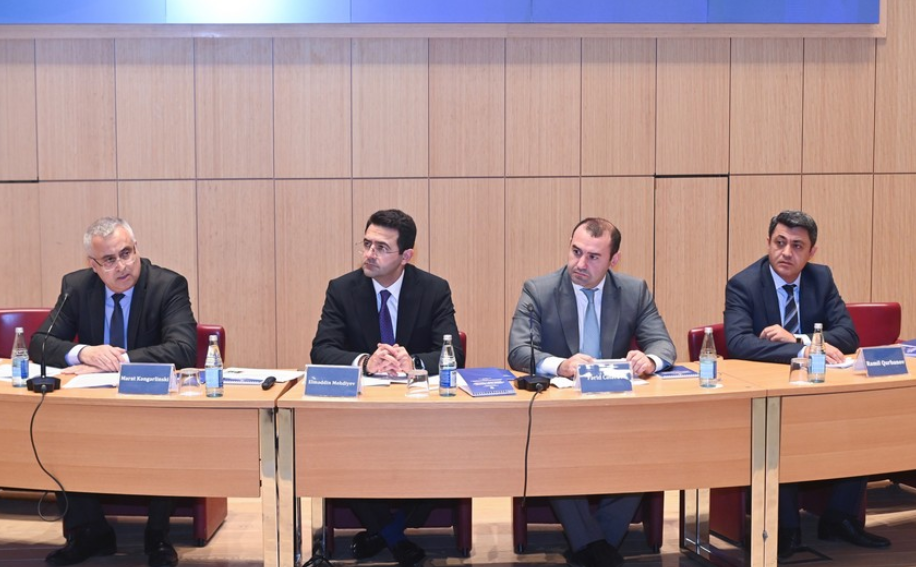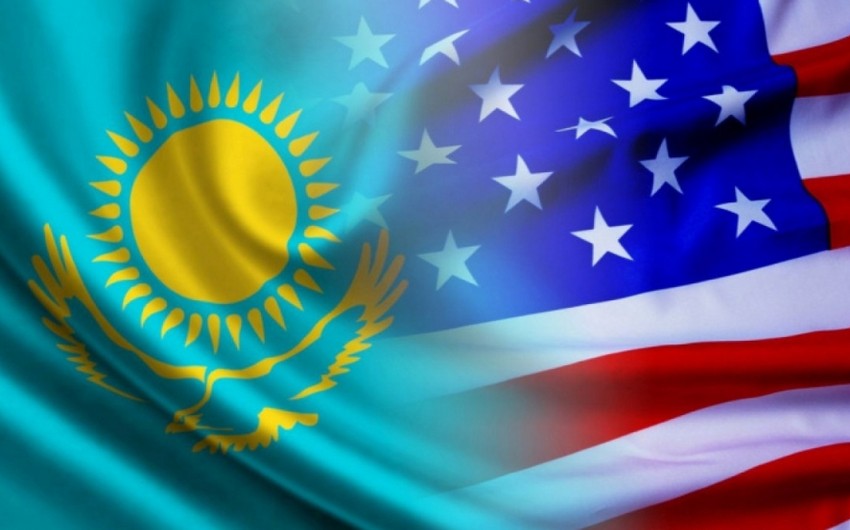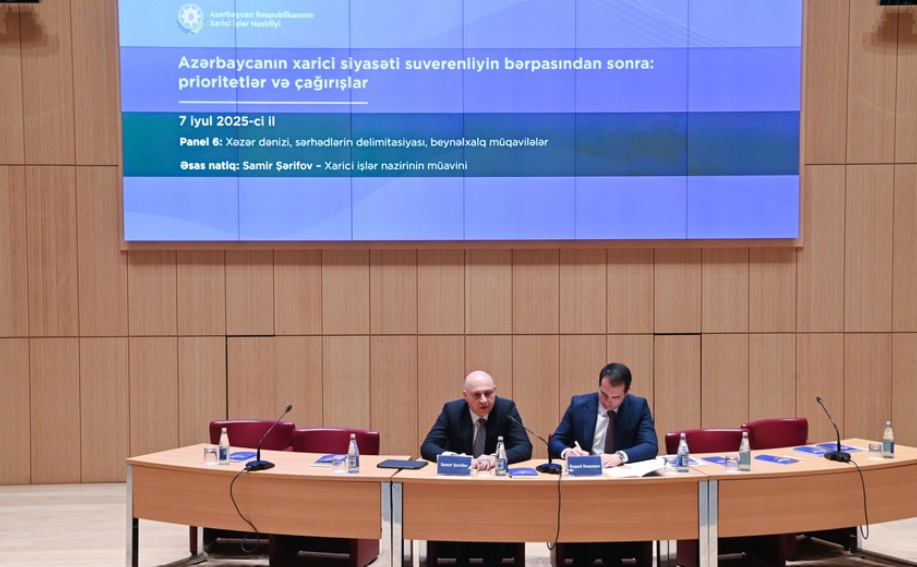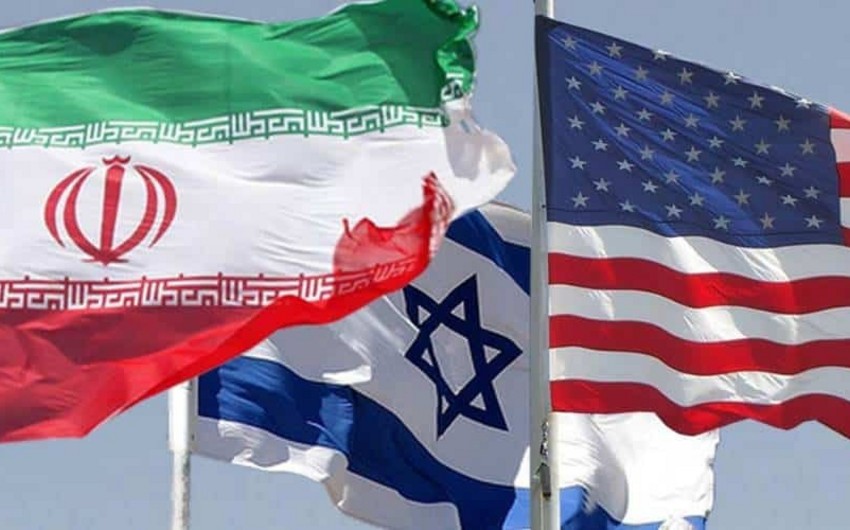Today is the 280th day of blockade.
Nine months ago, an air, sea and land blockade was imposed on Qatar by four Arab countries.
Here are all the latest developments:
Coup documentary
On Sunday, March 12, Al Jazeera aired the second part of its documentary about the financial and logistical support provided by the blockading countries governments to perform sabotage operations inside Qatar in 1996.
Al Jazeera released the first part of the documentary on Sunday, March 4, uncovered evidence of the involvement of Saudi Arabia, the UAE, and Bahrain in supporting a foiled coup attempt to overthrow the Qatari government in 1996.
In the blockading countries 13 demands from Qatar, is the demand to "end interference in sovereign countries' internal affairs."
Qatar-Turkey relations
On Sunday, March 12, Turkey's Chief of General Staff Gen. Hulusi Akar arrived in Qatar as part of an official visit, the Turkish military said in a statement. Akar is accompanied by Commander of the Turkish Naval Forces Vice Admiral Adnan Ozbal.
On January 31, Fikret Ozer, Turkish ambassador to Qatar said the country plans to deploy air and naval forces to Qatar in addition to ground troops that are already stationed in the country.
"According to the agreement signed between Qatar and Turkey in 2014, all ground, air, and naval forces will be deployed to Qatar," he told reporters at a press conference in Doha. Ankara and Doha would determine the "timeline of the construction of the necessary infrastructure and when these forces will be deployed through talks", he said.
Airspace defence
Airspace violation: On Saturday, March 10, Qatar informed the United Nations Security Council of more airspace violations committed by aircraft of the United Arab Emirates and Bahrain, there have been three such violations in four months.
Military equipment: On Thursday, March 8, the United States announced the sale of air force components upgrades to Qatar, worth $197m.
Minutes later on Thursday, the US also announced approving a $270m deal to sell air-to-air missiles to the UAE.
Local alternatives
Dairy supplies: Qatari dairy company expects to meet local demand for fresh milk and other dairy products by the holy month of Ramadan in May.
Qatar had relied mainly on dairy product imports from Saudi Arabia.
Qatar Games: Blocked from taking part in students sports competitions in Dubai, Qatar has organized an alternative local sports competition, the Qatar Games.
Qatar Airways
Losses: On Wednesday, March 7, Qatar Airways CEO Akbar al-Baker told reporters at the ITB travel fair in Berlin that the airline will report a "very large loss."
Earlier in February, al-Baker sent a message to the UN's International Civil Aviation Organisation (ICAO) saying the body needed to do more to lift restrictions on air routes stemming from the Gulf crisis.
He also said his airline could nevertheless sustain itself even if the crisis dragged on.
Air Italy: Also in February, Italian airline Meridiana changed its name to Air Italy with the backing of its new shareholder, Qatar Airways. The airline aims to become Italy's flagship carrier, as UAE-backed Alitalia filed for bankruptcy.
The countries imposing a blockade on Qatar have targeted Qatar Airways by forbidding it from using their airspace, but it has found alternative routes and expanded its travel network with new international partnerships.
Trump's mediation
On Wednesday, March 7, Kuwaiti Deputy Foreign Minister Khalid al-Jarallah confirmed to Kuwait's news agency that the US planned to host a summit to resolve the Gulf dispute, but said that so far no invitations have been sent.
On March 1, the blockading countries issued a joint statement claiming the Gulf crisis was a "small" problem that needed to be resolved locally with Kuwaiti mediation.
In February, the Qatari government announced that Emir Sheikh Tamim bin Hamad Al Thani would attend a meeting with US President Donald Trump in Washington, DC, in April.
Also in February, a US official quoted by Reuters news agency said that senior Saudi, Emirati and Qatari leaders would meet the US president in the next couple of months.
Talks will revolve around the possibility of establishing a GCC summit under Washington's auspices later this year, as well as around the role of Iran in the region.
NATO agreement
On Wednesday, March 7, NATO and Qatar signed a military agreement that will allow NATO forces to enter and transit the country and use Qatar's Al Udeid Air Base, according to a written statement from the alliance.
The deal came as NATO Secretary-General Jens Stoltenberg received Qatari Emir Sheikh Tamim bin Hamad Al Thani at the headquarters in Brussels.
Earlier in January, Qatar and NATO signed a security agreement for the for the exchange of classified information.
UAE lobby
On Monday, March 5, leaked emails obtained by the BBC suggested Elliot Broidy, a major Trump fundraiser, with links to the United Arab Emirates tried to convince Donald Trump to sack Secretary of State, Rex Tillerson for not supporting the blockade against Qatar.
Kuwait's emir letters
On Monday, March 5, Qatari Emir Sheikh Tamim bin Hamad Al Thani met Timothy Lenderking, US deputy assistant secretary of state for Gulf affairs, and retired US Marine Corps General Anthony Zinni.
Monday's meeting comes after the Qatari emir received a letter from his Kuwaiti counterpart, Sheikh Sabah al-Ahmad al-Jaber al-Sabah.
Al-Sabah also reportedly sent letters to two other Gulf leaders: Saudi King Salman bin Abdulaziz and Bahraini King Hamad bin Isa Al Khalifa. The contents of the letters have not been disclosed.
Jared Kushner
On Saturday, March 3, Qatar's ambassador to the US, Meshal Hamad Al Thani, said on Twitter that Qatar had not been in touch with anyone from the US special counsel's office, adding that any reporting claiming the contrary was false.
The response came after US media reported that the US special counsel was looking into possible ties between the international business of Jared Kushner, US President Donald Trump's son-in-law, and Trump's foreign policy.
It is alleged that Kushner failed to receive Qatari funding for a real estate project and that because of this the US retaliated against Qatar by supporting its blockade.
UNHCR session
On Monday, February 26, at the 37th session of the Human Rights Council in Geneva, Qatar's foreign minister urged the council to take action and stop the blockade imposed on Qatar by its neighbours.
Earlier on February 20, the United Nations High Commissioner Prince Zeid bin Ra'ad al-Hussein met the Chairman of Qatar National Human Rights Committee (NHRC) Ali bin Samikh al-Marri in Geneva.
Al-Marri explained the latest humanitarian situation resulting from the blockade on Qatar and the actions taken by the National Human Rights Committee.
Credit rating
On February 21, Fitch ratings agency said that Qatar's fiscal deficit is narrowing, despite the blockade. Fitch also noted that there are "signs of broader economic resilience".
In August 2017, Fitch had downgraded Qatar's credit rating to AA-.
Restored relations
On Tuesday, Qatar and Chad signed a Memorandum of Understanding (MoU) resuming diplomatic relations between the two countries, Qatar's foreign minister said.
Arab summit
On Monday, Qatar's foreign minister confirmed that Qatar would attend the upcoming Arab summit regardless of where it is held: "The state that will host this summit, if it was a [blockade participant] and did not provide the necessary action, it will be the one in violation and not Qatar."
In March, Saudi Arabia announced that it would host the next Arab summit, following the UAE's request that it do so. The summit is usually held in March each year, but the date of the next summit has yet to be formally announced.
Munich Security Conference
On Friday, in an address to the Munich Security Conference in Germany, Qatar's emir warned that the Qatar-Gulf crisis is undermining the region's security and economic outlook.
"It has been a futile crisis, manufactured by our neighbours," Qatari Emir Sheikh Tamim bin Hamad Al Thani said.
"Those aggressive actors wish to use smaller states as pawns within their power games and sectarian conflicts. It is vital to the interests of the people of the Middle East to guarantee the sovereignty of states like Qatar," he added.
Anti-Qatar campaign
Also on Friday, the countries blockading Qatar invited journalists to a meeting calling for sanctions against Qatar.
"When no one showed up, organisers reportedly hired a PR company ... and the room was filled with young women who told us they were mostly from Eastern Europe," Al Jazeera's Hashem Ahelbarra reported from Munich.
Earlier in February, a report on Buzzfeed revealed that a British parliamentarian was paid 15,000 British pounds ($20,700) to help organise an anti-Qatar conference in London.
Tillerson in Kuwait
On Tuesday, US Secretary of State Rex Tillerson said that the restoration of Arab Gulf unity was in the best interest of all parties in the region.
Tillerson made the assertion at a press conference held in Kuwait, where he is attending a high-level meeting between members of a US-led coalition against the Islamic State of Iraq and the Levant (ISIL, also known as ISIS).
Asian Championships League
On Monday, Al Gharafa of Qatar opened its Asian Championships League campaign in Abu Dhabi against Al Jazira of the United Arab Emirates (UAE).
UAE had requested that the games be played in a third country, but the idea was rejected by the Asian Football Confederation which organises the tournament.
"Clubs from Qatar, Saudi Arabia and the United Arab Emirates should be played on a home and away basis in 2018 as per the AFC regulations," the AFC said in a recent statement.
The football federations of the UAE and Saudi Arabia accepted the decision, though they expressed reservations about how it had been made.

